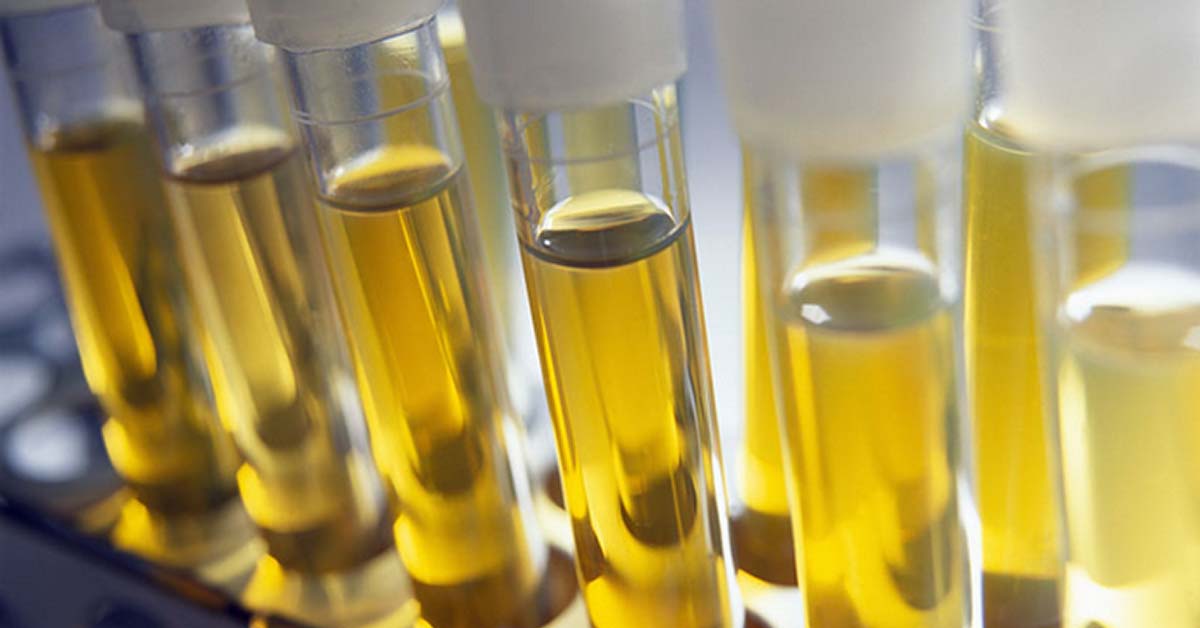Researchers from the University of Tokyo have identified specific compounds in the urine of mice that indicated the presence and severity of food allergy. The findings could lead to food allergy testing that is non-invasive and predictive of the level of sensitivity.
Current screening for food allergy involve blood and skin prick tests which are not conclusive in their own right. For a definitive diagnosis of food allergy, individuals that test positive must subsequently undergo an oral food challenge where the suspected allergen is consumed and their symptoms are observed.
A urine test that is both conclusive and predictive of severity would fundamentally change the way food allergy testing is performed, under what circumstances, and how often.
The researchers found that levels of tetranor-prostaglandin D2 metabolite (PGDM) reflected the severity of the allergic symptoms and intestinal mast cell hyperplasia in sensitized mice. As the researchers fed ovalbumin to promote allergic symptoms in the mice, the levels of urinary tetranor-PGDM increased as the disease progressed.
Subsequent treatment with a mast cell inactivator or an anti-inflammatory steroid lessened these symptoms and decreased the tetranor-PGDM urinary levels. The researchers also showed that urinary levels of tetranor-PGDM were significantly higher in patients with food allergy than those in healthy volunteers and patients with other types of allergic diseases such as asthma, allergic rhinitis, and atopic dermatitis.
“Urine tests wouldn’t be burdensome even for small children,” said Takahisa Murata, an associate professor at the Faculty of Agriculture at the University of Tokyo, who led the team of researchers. “I want to develop testing methods that are easier to evaluate if there is a food allergy and to what degree the allergy symptom is.”
- Prostaglandin D2 metabolite in urine is an index of food allergy – Nature
- Researchers identify food allergies through urine tests – The Asahi Shimbun






Would this also help identify EOE?? Having a child go through an EGD (esophagastroduodenoscopy) is more traumatic than a blood test as well. Or even a stool sample if necessary.